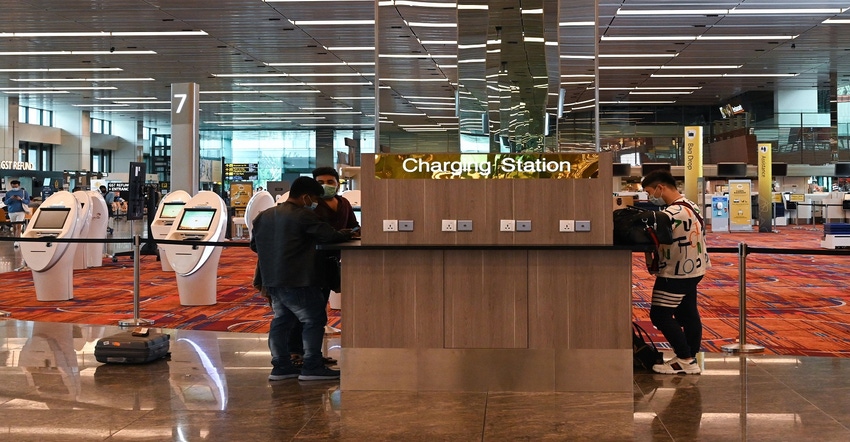Smartphone Low on Power? Don’t Charge It in Public!
“Juice jacking” can be difficult to detect, but public charging ports increase the risk of your phone being subject to malware attacks.

With the COVID-19 crisis largely behind us, travel is likely to be a high priority among Americans and other travelers worldwide this summer. Many travelers will use charging stations in lobbies in airports, rail and bus stations, and other public places before traveling, to keep their smartphone and other portable electronics powered.
Not a good idea.
The FBI recently published a tweet warning users against smartphone charging stations in public places. This is because jackers have engaged in a practice called “juice jacking,” a cyberattack where a public USB charging port is used to steal data or install malware on a device. Juice jacking attacks allow hackers to steal users’ passwords, credit card information, addresses, names, and other data. Attackers can also install malware to track keystrokes, show ads, or add devices to a botnet.
The concept of juice jacking is not new. At Devcon, an annual cybersecurity conference , there has been a booth set up at the show since 2011 to demonstrate the dangers of charging a phone in a public space. At AT&T video from several years ago discussed the problem, and there has been a recent spate of new videos on the problem on many broadcast news networks.
According to a press release by cybersecurity firm Nord VPN, juice jacking attacks can be difficult to detect. The firm noted that a user may notice suspicious activity if his or her device has already been compromised, such as unrecognized purchases or calls that look suspicious. The phone may also start working unusually slowly or feel hotter than usual.
Use A Phone Bank
Instead of a public charging port, NordVPN recommends using a portable power bank for safe public charging. The power bank should be fully charged prior to travel. In addition, the firm suggests using a USB data blocker to protect the phone that protects your phone from juice jacking when using a public charging station. The data blocker, which plugs into the phone’s charging port, acts as a shield between the public charging station’s cord and the user’s device.
NordVPNalso suggests using a power socket when charging mobile devices in public.
Spencer Chin is a Senior Editor for Design News covering the electronics beat. He has many years of experience covering developments in components, semiconductors, subsystems, power, and other facets of electronics from both a business/supply-chain and technology perspective. He can be reached at [email protected].
About the Author(s)
You May Also Like





